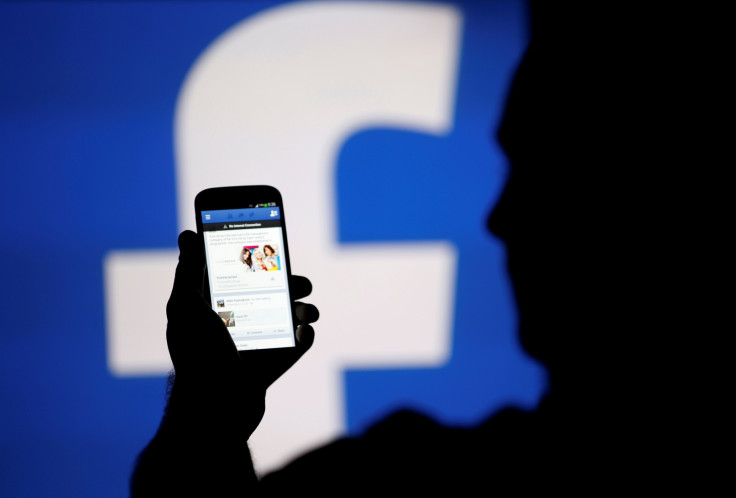Israel ministers approve new 'Facebook bill' forcing companies to remove content deemed incitement
The 'Facebook Bill' would apply to content that 'call for an act of violence or terrorism'.

Israeli ministers have approved a controversial new bill that could allow local courts to force social media companies such as Facebook, Twitter and YouTube to immediately remove content deemed as incitement. The Removal of Terror-Inciting Content from Social Media bill, also known as the "Facebook bill," passed a Ministerial Committee for Legislation vote on Sunday (25 December) and would apply to content that "call for an act of violence or terrorism," The Jerusalem Post reported.
"At Facebook, nothing is more important than community safety and we work hard to keep people safe," a Facebook representative in Israel said after the bill's approval. "We have zero tolerance for terrorists, praise for their acts and incitement to real-world violence. We work aggressively to remove it from our platform as soon as we become aware of it."
The representative also noted that it hopes to continue a "constructive dialogue" with Israeli authorities, which includes "careful consideration of the implications of this bill for Israeli democracy, freedom of speech, the open Internet and the dynamism of the Israeli Internet sector."
"I'm happy to see the Internet companies are cooperation, but it's important that this cooperation be required, and not according to their whims," Justice Minister Ayelet Shaked said.
Gilad Erdan, Israel's public security minister, also noted that "incitement leads to terrorism," adding that social media platforms such as Facebook "do not respond to all of the policy's requests to remove such content, or take a long time to do so."
On 10 July, the families of Israeli and American victims killed in Palestinian attacks in Israel, the West Bank and Jerusalem filed a $1bn (£765m) lawsuit against Facebook in New York, claiming the company "knowingly provided material support and resources" to terrorist group Hamas.
Earlier in July, Erdan sharply criticised the company saying it had become a "monster" and chief executive Mark Zuckerberg has blood on his hands after a 13-year-old Israeli girl was stabbed to death in her bed by a 17-year-old who announced his intentions on Facebook prior to the vicious murder.
In September, Shaked said internet giants Facebook, Google and YouTube are complying with up to 95% of requests to remove content that the Israeli government says incites Palestinian violence. The justice minister said Israel had submitted 158 takedown notices to Facebook and another 13 to YouTube since May. While Facebook granted about 95% of the requests, YouTube granted 80%, Shaked said.
The same month, Facebook and the Israeli government agreed to work together to address and curb calls to violence on the social media platform after a meeting between company officials and local ministers. Facebook said in a statement at the time that "online extemism can only be tackled with a strong partnership between policymakers, civil society, academia and companies, and this is true in Israel and around the world."
Earlier in December, Facebook, Twitter, YouTube and Microsoft announced they were creating a shared database of unique "digital fingerprints" of extremist photos and videos to help them identify and remove potential illegal content from their sites. The database is set to launch early next year.
Regarding the proposed Israeli law, some experts have raised concerns over its impact on freedom of speech as well as questions over the companies' responsibility for content posted by its users on their sites.
Tehilla Shwartz Altshuler, head of the Israel Democracy Institute's Center for Democratic Values and Institutions, slammed the bill as "an assault on freedom of expression on an international scale." She added that the bill will hold internet companies such as Facebook and Google to a "much higher level of responsibility" as compared to similar laws in other countries, Bloomberg reports.
"The 'Facebook Bill' needs to be substantially revised," she said in an emailed statement to the publication.
© Copyright IBTimes 2025. All rights reserved.





















